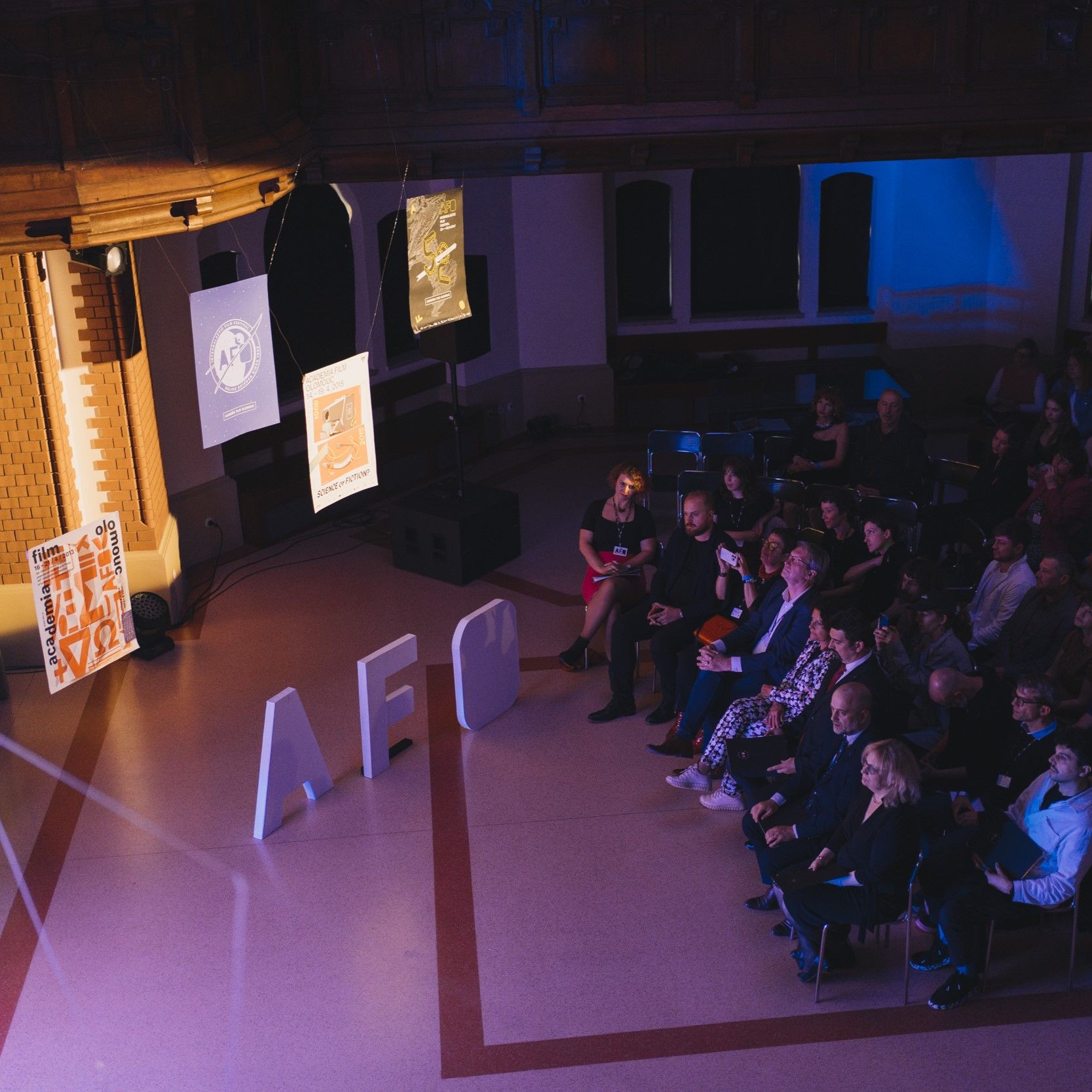
AFO Turns 60 and Honours This Year’s Best
27. 4. 2025
What is trending in the genre of popularising science? The results of the Academia Film Olomouc competition sections will tell us more. In addition to the International Competition, the Czech & Slovak Competition, the Short Film Competition and the Student Jury Award, the festival newly gave out awards in the Best Immersive Work and the First and Second Science Documentary. As always, the audience also voted and chose the Audience Award. This year, in the International and Czech & Slovak Competition, the jury chose the winner of the Best Film Award as well as the Best Science Communication Award.
The International Competition jury selected Turtle Walker as the Best International Science Documentary Film. The portrait of Indian turtle researcher Satish Bhaskara is a fascinating study of scientific enthusiasm, curiosity and discovery. As part of the science communication award, the jury also awarded a special mention. This went to The Forest by British director and producer Jamie E. Lochhead, which tells the story of the misinterpretation of the findings that our planet is capable of accommodating another trillion trees and highlights the importance of proper communication of scientific data. The main prize for science communication was awarded to the Canadian film Animal Pride, which deals with diverse forms of love in nature. What kinds of relationships do the animals form in different parts of the world and different cultures?
The Czech & Slovak Competition also offered a wide range of diverse topics, and the jury awarded four prizes. The award for the best Czech and Slovak film went to Zuzana Piussi’s documentary The Scent Trail. The film presents a disturbing flaw in the Czech justice system and stands as an excellent example of a thorough investigative documentary approach. Lapilli stands out as a formal opposite. This Slovak experimental film constitutes a visual poem and a form of therapy for director Paula Ďurinová, who reached out to rocks to come to terms with the loss of her grandparents. The film received the honourable mention in the competition. There are two films in the second category as well. The honourable mention for the best communication of science went to the documentary series Chronicle of Happy Childhood about raising children in the Czech Republic and Czechoslovakia from the perspective of several generations. David Čálek, with his Doctor on a Trip, received the Best Science Communication Award. The film follows a scientific expedition from the Czech Republic that journeys to the Amazon to study the positive effects of psychedelic substances on the human psyche.
The Best Short Film Award in the Short Film Competition went to Wetlands – Life Blood. The film presents the audience with the genius loci of wetlands and organisms that live there. The short film Testerep received the honourable mention. It uses modern technology to reconstruct historical landscapes that no longer exist.
The Immersive Competition had its AFO premiere this year. This competition focuses on the popularisation of science through interactive media. The honourable mention went to the project Wilfred Buck’s Star Stories. The programme screened at the Fort Science planetarium tells the story of an astronomer and folklorist Wilfred Buck navigating the night sky. The Best Immersive Work Award went to the augmented reality project Turbulence: Jamais Vu. It simulates an inner ear disorder and disrupts the viewers’ senses to represent what it is like to live with such a condition. The Best First or Second Science Documentary Award, which went to the film Burkitt, also had its premiere at the festival. Éanna Mac Cana, the director of the film hospitalised with Burkitt lymphoma, created an unconventional documentary mosaic simulating the experience from a hospital room, using archival footage to present the research of the disease and grapple with the impact of colonialism.
The emotionally charged character-driven documentary Light Darkness Light won the Student Jury Award. The film presents a story of a blind priest Ian Nichols, who undergoes a bionic eye implant procedure to regain his sight, through animation, estimated visualisation of his perception and examination of his memory to ask questions on the nature of human perception. The Student Jury honourable mention went to Sally.
And who won the Audience Award? The prize went to The Kratom Collectors. This Czech medium-length documentary examines the phenomenon of a substance, which is a medicine for some and a drug for others. The film portrays the production, distribution and consumption of kratom in an exceptionally engaging way for the audience.
Traditionally, Sandbox Films awarded the best projects participating in the Camp 4Science programme. The honourable mention and 10,000 $ went to Yet the Faces and Snow Globe. The main award and 25,000 $ went to The Archipelago for its powerful coming-of-age story.
Finally, AFO presented the Outstanding Contribution to Communication of Science Award to the Radiolab podcast, which consistently delivers gripping stories of science and inspires the scientific community around the world with its unique approach.
The 60th AFO brought a ton of excellent films. These were just the selected few that resonated with the juries and reflected the trending approaches to how scientific research is popularised and communicated in today’s audiovisual media.
Academia Film Olomouc
28. – 3. 5. 2026
61ST INTERNATIONAL FESTIVAL OF SCIENCE DOCUMENTARY FILMS
Follow our social sites and explore our web to find out more about the programme. We will supply you with science dose by dose until the climax comes – AFO61.
Contact
Arts Centre of Palacký University
Academia Film Olomouc
Univerzitní 225/3
779 00 Olomouc
Czech Republic
afo@afo.cz
Quick links
Copyright © AFO 2000-2025 | web rostanetek.cz | admin







